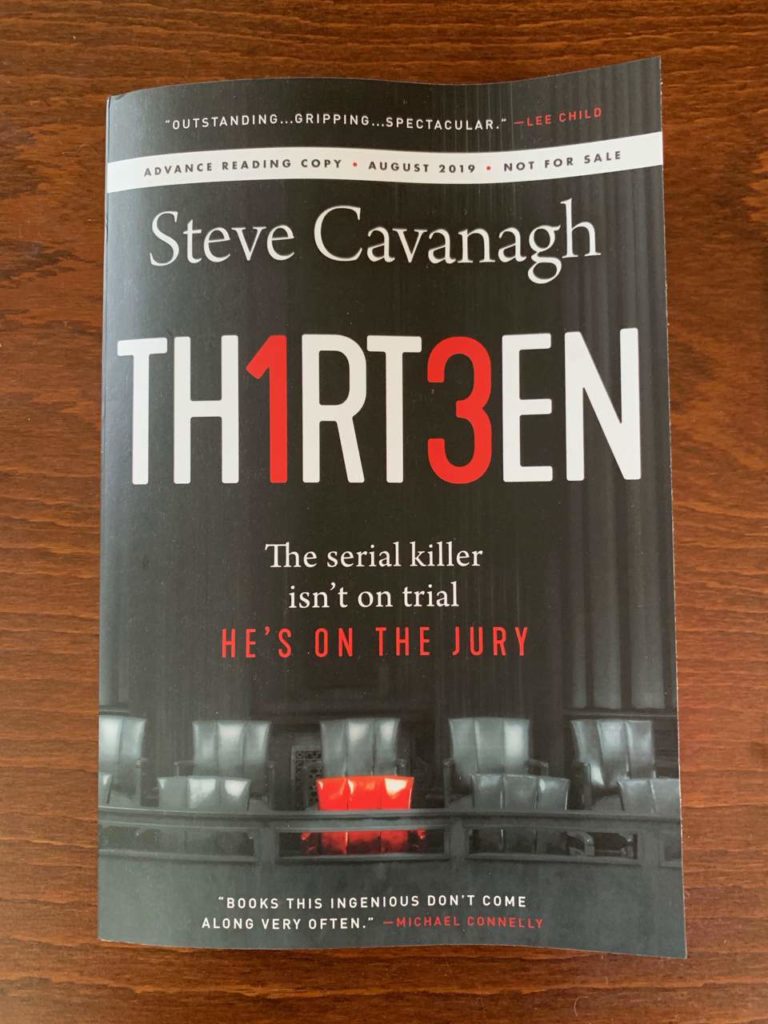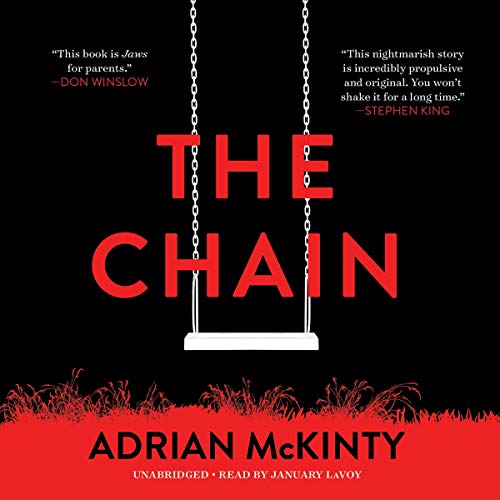How Kurt Vonnegut Predicted the Automation Crisis
Player Piano may have been written 67 years ago, but its prescience is uncanny — though not inexplicable. It is a product not only of Vonnegut’s extraordinary imagination, but his years of experience working directly with engineers, whose mentality the novel reflects in reaching its logical conclusion.
Getting To The Heart Of The Matter With ‘Heart of Darkness’
This post appears on the blog of Audible, the audiobook-selling arm of Amazon. College student and Audible intern Ama Hagan describes her reactions to Joseph Conrad’s controversial novella Heart of Darkness. This piece of classical literature still appears on the syllabi of many a college course, and I was interested in this perspective from a proud young woman of African heritage.
Authors Steve Cavanagh and Adrian McKinty: How growing up in Northern Ireland’s Troubles shaped them

This article caught my eye because I’ve just recently read both Cavanagh’s novel Thirteen and McKinty’s novel The Chain.
Cavanagh to McKinty about Cavanagh’s mother giving him the book Silence of the Lambs to read when he was 12:
We grew up during the Troubles in Northern Ireland. I was in Belfast, you were in Carrickfergus, and a book about cannibals and serial killers skinning innocent people was a bit of light relief from the reality of that low-level civil war. I wouldn’t give my daughter “Silence Of The Lambs,” and she’s twelve right now. We grew up in different times, and I think our generation is desensitized to violence.

McKinty on his youth in Northern Ireland:
A guy a few doors down from us was arrested for murdering three random Catholic men (so in effect he was a serial killer) and all this seemed completely normal to me. The domestic violence, the drunkenness, the chimney fires every night — all seemed just the way things were done. I don’t think my eyes were opened until I started reading a lot of science fiction and fantasy when I began to see that there were other possibilities of how to live and everything around me was just contingent. When I was about 11 or 12 I read Ursula Le Guin’s “Left Hand of Darkness” and I remember when I was done with that it occurred to me that everything the hardmen said was uneducated, quasi-fascist nonsense.
McKinty says that the authors who influenced him the most have been Stephen King, James Ellroy, Don Winslow, Raymond Chandler, and Jim Thompson. Cavanagh lists as his influences, in addition to Silence of the Lambs, the works of Michael Connelly, Lee Child, John Connolly, and Patricia Highsmith.
Read the article to see which seven books each author would take with him if stranded on a deserted island.
THE ANATOMY OF THE BOOK
Boards, signatures, deckles, headbands: Learn all the esoteric terminology involved in book production.
The Hazards of Writing While Female
The nonprofit organization VIDA keeps a count of how many books written by women are reviewed in literary sections, and how many reviewers are female. Every year until 2017, its most recent survey, VIDA has found that male writers and male reviewers dominate books coverage, even though women make up the majority of authors and readers.
Here’s yet another reminder of the long-standing issue of how men and women are treated differently in the publishing world. As one of the authors quoted here says, “a male novelist is primarily a novelist. Nobody talks about his gender. But a woman novelist is primarily a woman.”
Still, for as long as female authors’ bodies define their work, the seriousness gap will remain
FIRST NATIVE AMERICAN NOVELIST WAS A KILLER NEWSPAPER EDITOR
“The first Native American to write a novel in English lived a life chock-full of contradictions.”
This piece appears as a segment of Disruptive Literary Legends, an “OZY original series explores long-forgotten historical figures who changed the way we write, read and appreciate literature.”
© 2019 by Mary Daniels Brown

